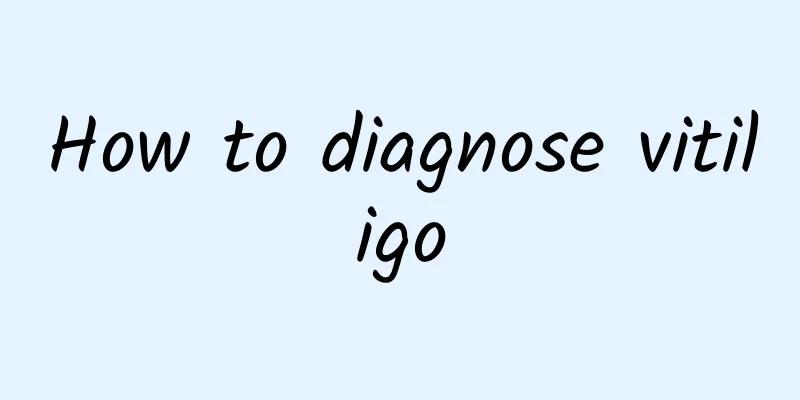What is the specific medicine for cerebral infarction?

|
Nowadays, many elderly people suffer from high blood pressure, high blood lipids and high blood sugar due to dietary problems. If these chronic diseases are not well controlled, they can easily lead to cerebral infarction. Many people hope that there are some specific drugs that can treat cerebral infarction. But in fact, there is no specific medicine for cerebral infarction. Patients need to choose appropriate medicine according to their own situation. treat 1. General treatment in the acute phase During the acute phase, patients should rest in bed as much as possible and strengthen the care of the skin, oral cavity, respiratory tract, bowel and urination. Pay attention to the balance of water and electrolytes. If patients are still unable to eat on their own 48 to 72 hours after onset, they should be given nasogastric liquid diet to ensure nutritional supply. The patient's daily care, diet, and treatment of other complications should be given priority. In addition, most patients, their relatives and some medical staff hope that there will be better medicines to help patients recover soon, but ignore other aspects of treatment, such as the patient's diet. Since some patients with cerebral infarction cannot take care of themselves and even have difficulty swallowing during the acute phase, problems with their metabolism will quickly arise if they are not given proper nutrition and energy. At this time, even the best treatment medications will hardly produce good results. 2. Treatment of cerebral edema (1) Mannitol: 20% mannitol hypertonic solution is commonly used in clinical practice. Mannitol is one of the most commonly used and effective dehydrating agents. (2) 10% glycerol fructose can produce pharmacological effects through hypertonic dehydration. It can also utilize the energy generated by glycerol metabolism into the brain metabolism process, thereby improving local metabolism. Through the above effects, it can reduce intracranial pressure and intraocular pressure, eliminate cerebral edema, increase cerebral blood volume and cerebral oxygen consumption, and improve brain metabolism. (3) Diuretic dehydration agents such as furosemide (Lasix) and sodium urate can be injected intermittently intramuscularly or intravenously. (4) Adrenal cortical hormones are mainly glucocorticoids such as hydrocortisone and cortisone. Their secretion and production are regulated by adrenocorticotropic hormone (ACTH), which has anti-inflammatory, immunosuppressive and anti-shock effects. (5) Human albumin (albumin) Human albumin is a medium molecular weight colloid that plays an important role in generating colloid osmotic pressure, which helps retain fluid in the vascular cavity. 3. Acute thrombolytic therapy Thrombosis and embolism are the basis of cerebral infarction, so the ideal method is to restore normal blood flow to ischemic brain tissue before necrosis occurs. Early reperfusion of brain tissue with cerebral blood flow can reduce the degree of ischemia and limit the damage to nerve cells and their functions. |
<<: What medicine is the best for cerebral infarction?
>>: What is the best medicine for cerebral atrophy?
Recommend
Is red hair a sign of zinc deficiency?
Vitamin deficiency can cause many diseases, and w...
What wounds can transmit AIDS?
Many people are very scared when talking about AI...
Bleeding suddenly occurred after abortion
Abortion is a very common means of dealing with u...
My face became more swollen on the second day after tooth extraction.
Toothache may seem like a minor illness, but it i...
Effect of baking lamp on gynecological diseases
The effect of the baking lamp on gynecological di...
Will high blood sugar cause dizziness and nausea?
With the development of the times, people's l...
What's the matter with the double bars on the ovulation test paper if my period doesn't come?
For women who have had sexual intercourse recentl...
Stomach pain and nausea
There are many clinical manifestations of stomach...
What medicine should women take for myocardial ischemia
Since my country's reform and opening up, the...
Can flat white scars be removed?
White scars are also relatively common scars. Aft...
Diagnostic criteria for schizophrenia
Schizophrenia is a mental illness. It is a diseas...
What are the Chinese patent medicines for treating impotence?
Impotence is quite common in life, especially in ...
What medicine should I take for repeated colds and fevers?
Colds lead to repeated fevers, which usually occu...
Can pregnancy test kit detect pregnancy on day 10?
Pregnancy is usually confirmed through a pregnanc...
How to push during a normal birth
Many married female friends who have never given ...









